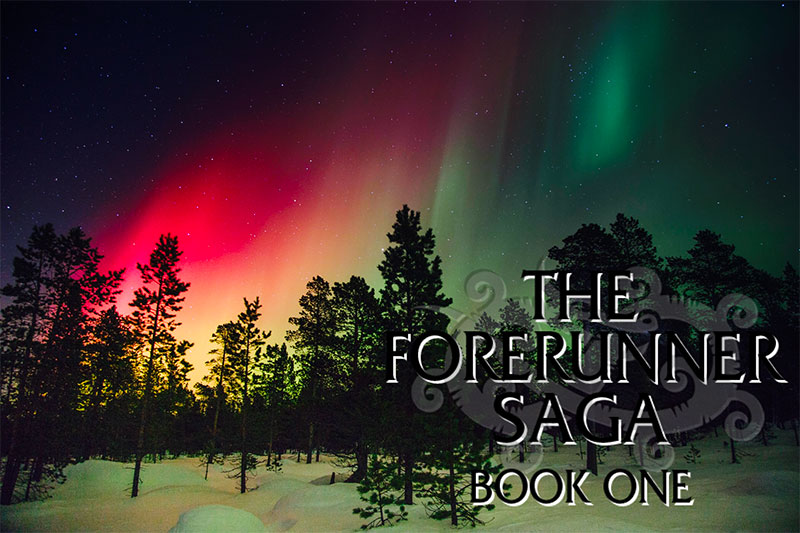Continued from the previous post…
Odin speaks in poems, sometimes quite cryptically, and the ability to compose poetry is a gift he grants at his pleasure. In a grand adventure, he stole the mead of poetry from the giants, a magical drink that imparted the skald’s skill, including the ability to speak beautifully and most importantly persuasively. Ever since, he has dispensed it to certain gods, humans, and other beings whom he deems worthy of it. This intoxicating drink, along with the power it grants, is yet another manifestation of his abundant ecstasy.He was a frequent recipient of human sacrifice, especially of royalty, nobles, and enemy armies. This was generally accomplished by means of a spear, a noose, or both in the same manner in which Odin “sacrificed himself to himself” in order to acquire knowledge of the runes. A frightening way of securing his favor in battle was to throw a spear over one’s foes, sacrificing them to the god with the cry, “Odin owns ye all!” His mastery of necromancy, the magical art of communicating with and raising the dead, is frequently mentioned in the remaining texts.
One of Odin’s countless names is “Allfather” (Old Norse Alfaðir), “because,” according to the great historian Snorri Sturluson, “he is the father of all of the gods.” He’s the legendary founder of numerous royal lines in Scandinavia and Germany, and kings are as likely as shamanistic warriors to claim him as their progenitor. He’s both an Aesir god, a Vanir god and a giant as his mother is Bestla, one of the first frost-giants. One Old Norse poem even identifies him with the breath of life, such as he bestowed on Ask and Embla the first man and woman.
In folklore, Odin appears as a leader of the Wild Hunt, a ghostly procession of the dead through the winter sky. He is associated with charms and other forms of magic, particularly in Old English and Old Norse texts. Local folklore and folk practice recognized Odin as late as the 19th century in Scandinavia. In a work published in the mid-19th century, Benjamin Thorpe records that on Gotland, “many traditions and stories of Odin the Old still live in the mouths of the people”. Thorpe notes that, in Blekinge in Sweden, “it was formerly the custom to leave a sheaf on the field for Odin’s horses.” Legend has it that a priest who dwelt around Troienborg had once sowed some rye, and that when the rye sprang up, so came Odin riding from the hills each evening. Odin towered over the farm buildings, spear in hand. Halting before the entry way, he kept all from entering or leaving and so stood guard every night until the rye was harvested. In 1851, Thorpe records that “when a noise, like that of carriages and horses, is heard by night, the people say: ‘Odin is passing by.'” Thorpe relates that “a story is also current of a golden ship, which is said to be sunk in Runemad, near the Nyckelberg, in which, according to tradition, Odin fetched the slain from the battle of Bråvalla to Valhall”, and that Kettilsås, according to legend, derives its name from “one Ketill Runske, who stole Odin’s runic staves” (runekaflar) and then bound Odin’s dogs, bull, and a mermaid who came to help Odin.

